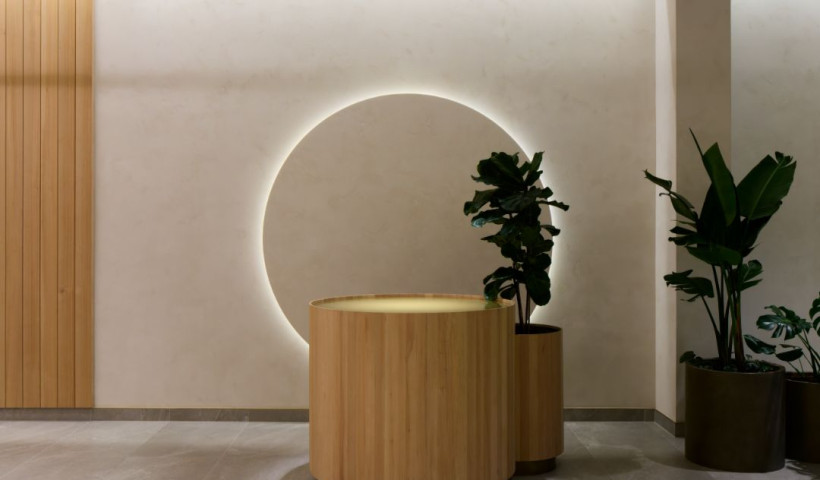
Commercial buildings require high performance materials that last. When correctly specified, porcelain tiles naturally become a low lifecycle cost, ultra-high performance option for commercial floor and wall coverings. However, the question becomes, "What determines the suitability of porcelain for commercial applications?"
Surface hardness, durability and finish are crucial elements when specifying for commercial projects. Ideally, the material will look exactly the same as the day it was installed, however this not the case for many materials other than porcelain/ceramic coverings. Established by the Porcelain Enamel Institute, the PEI rating is a key determinate for which glazed porcelain is suitable for the surface in question.
PEI
PEI rating is an indication of resistance to surface abrasion. It is established by subjecting the surface to rotating steel balls covered with aluminium oxide grits (measuring 8 on MOHs hardness scale, diamonds at 9). A value is determined once the surface starts to show signs of fatigue. For medium commercial and light institutional floor surface, PEI 4 (withstands 1500+ revolutions) is required. For heavy commercial and institutional floor surface, PEI 5 (withstands 12,000+ revolutions) is required.
In most situations, the test is far more demanding than actual conditions, hence a correctly chosen porcelain covering remains virtually new, even in a heavily trafficked area.
The surface finish also requires consideration when specifying for projects. The NZ Building Code, D1/AS1 stipulates that adequate slip resistance is required on all public access routes, including access into and within buildings.
Commercial Kitchens
Special consideration is required when specifying for service areas such as a commercial kitchen. The presence of water, oils, or other contaminants is highly likely, hence a slip-resistant tile is required. A structured-surface tile will be ideal as it can be easily cleaned while meeting the Building Code requirements.
What do Specifiers need to know?
For both commercial and residential projects, exterior level access routes used by the public require a friction coefficient of 0.40 as stated in the Building Code Clause D1 Access Routes. In residential projects, internal wet areas are not considered as public areas and therefore do not require a friction coefficient rating on the tiles. Commercial projects have different requirements, however, and the determining factor is "normal use". Standard commercial bathrooms are not considered to be a wet area, so a non-slip tile is not required unless there is an addition of a tiled shower (wet area under normal intended use). For more details on suitable flooring options for commercial projects, please contact a Tile Warehouse commercial representative.
Tile Warehouse recognises the importance of selecting tiles with high performance ratings and the appropriate finish for commercial and residential projects. Coupled with ultra-high resolution inkjet technologies from suppliers, specifiers are open to choose a number of looks from stone to concrete, to timber. Below are just a few examples of the many ranges that are perfect for any traffic-demanding indoor/outdoor project flooring:
- Xtreme (PEI 4)
- Stromboli (PEI 4)
- Sandstone Arizona (PEI 5)
- HNT (PEI 5) * slip resistance










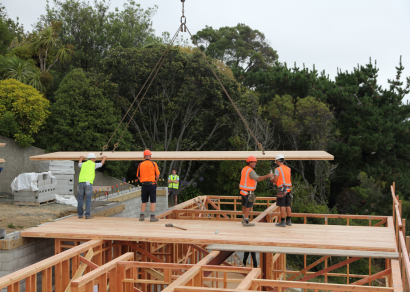

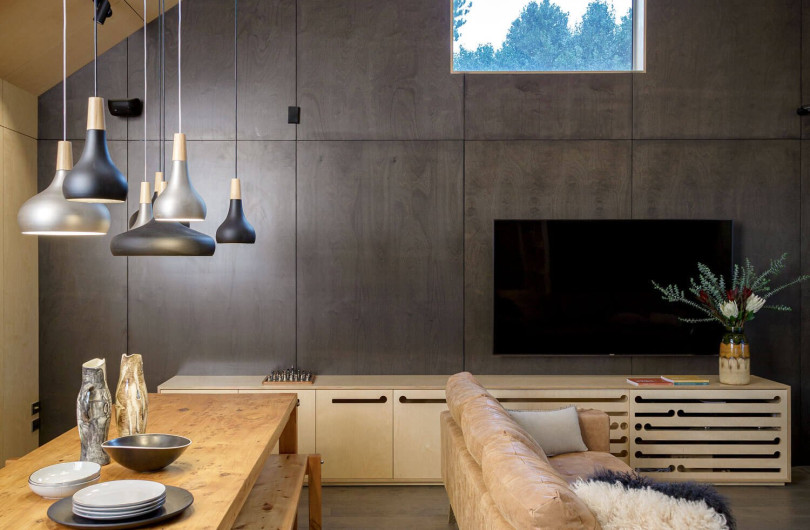
 Case Studies
Case Studies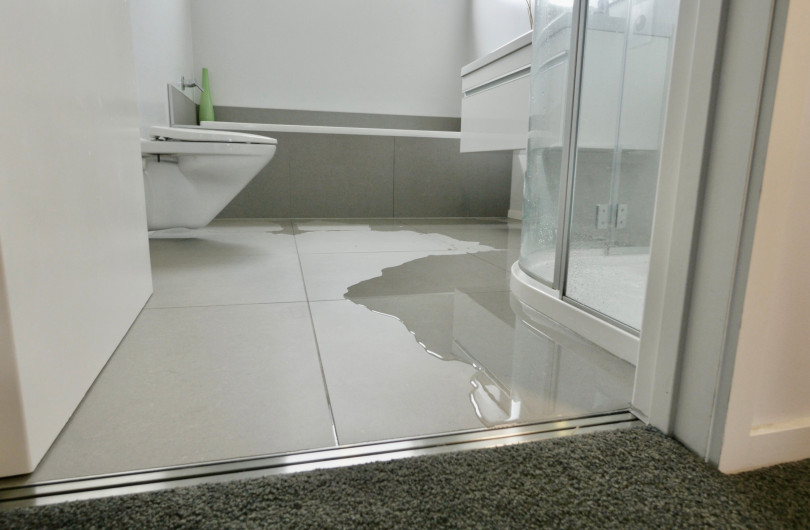
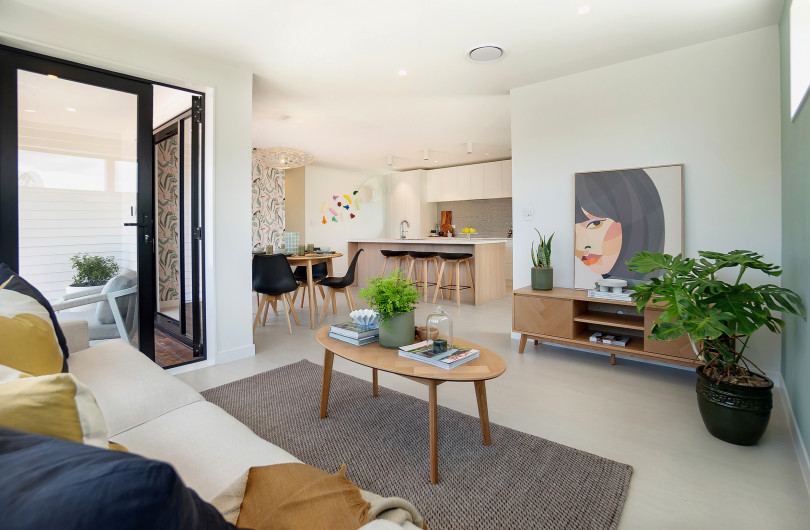


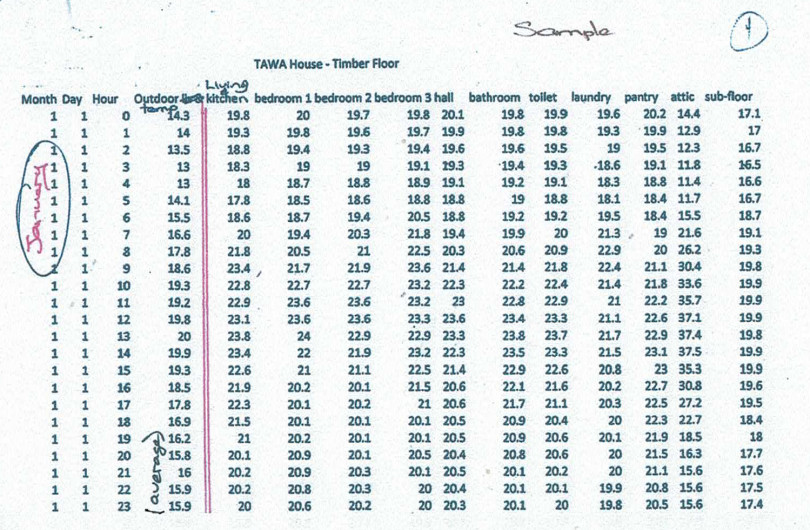




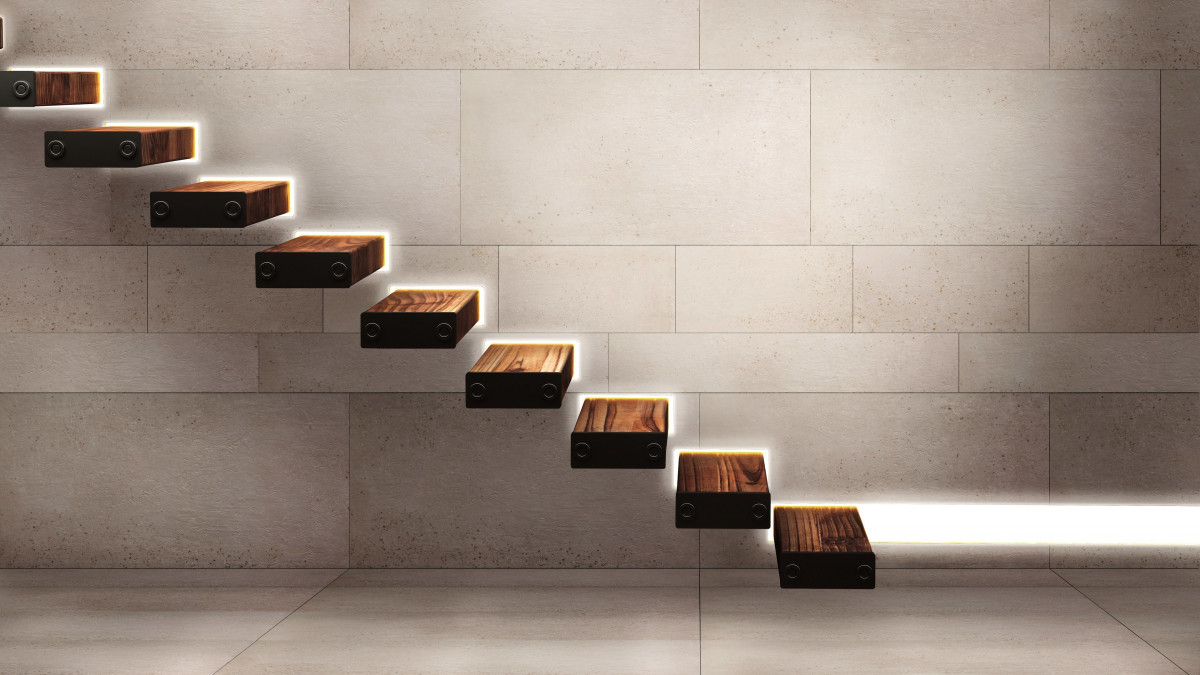
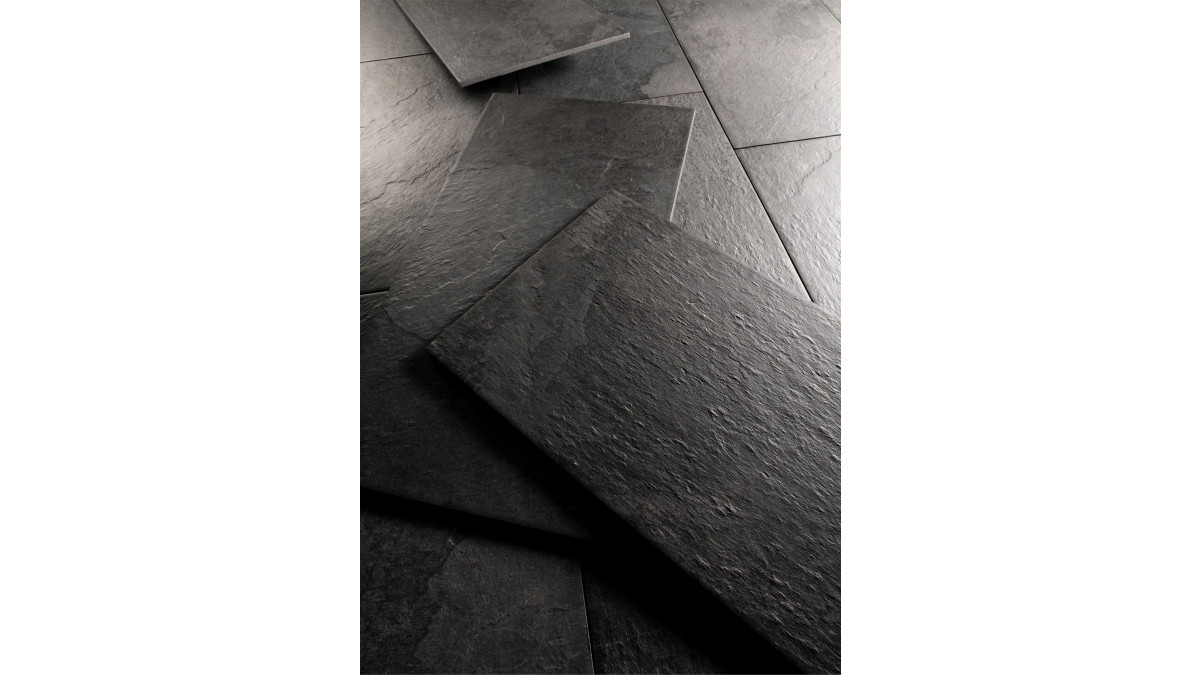
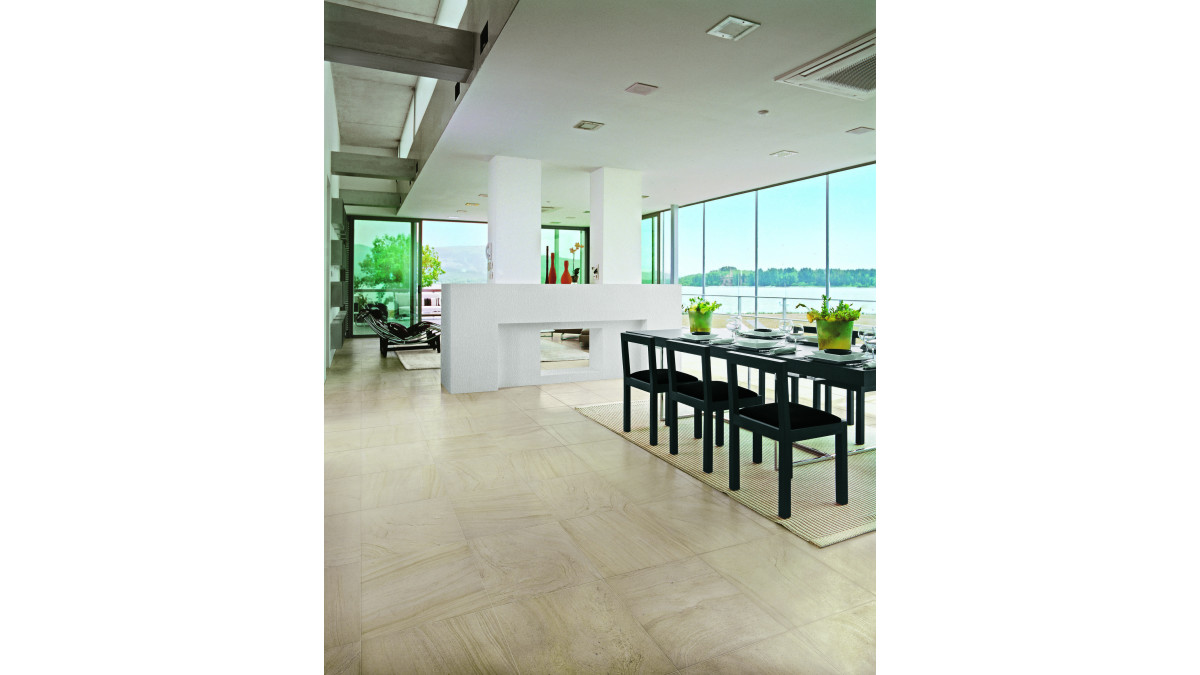
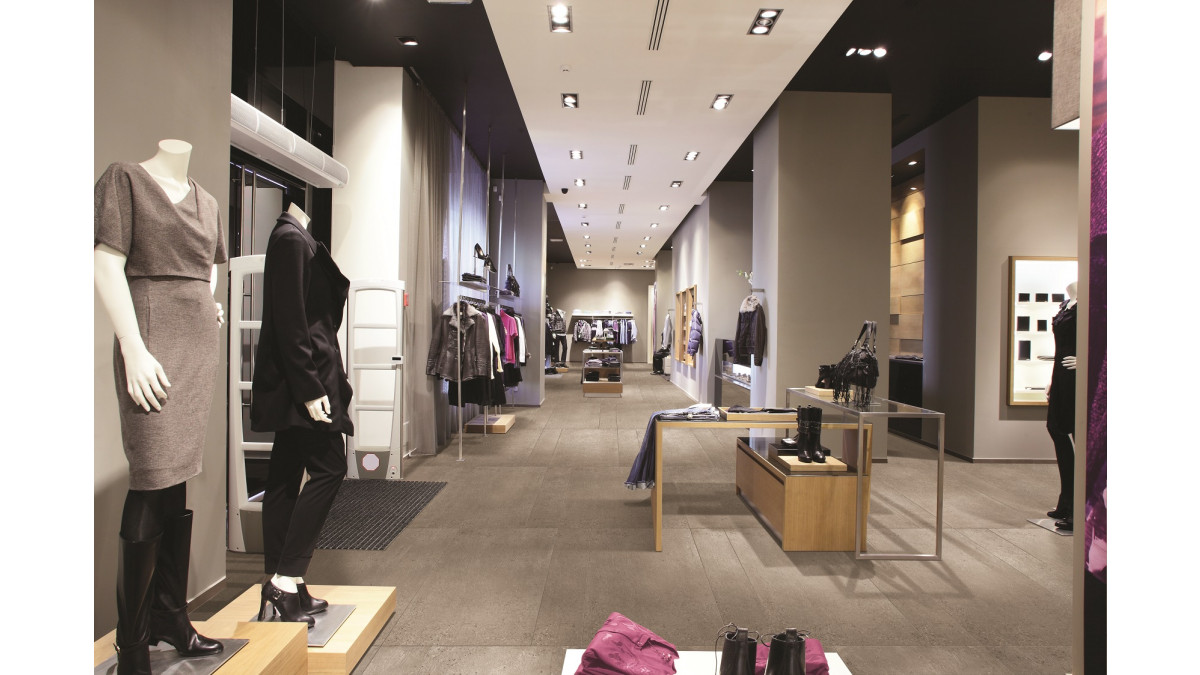



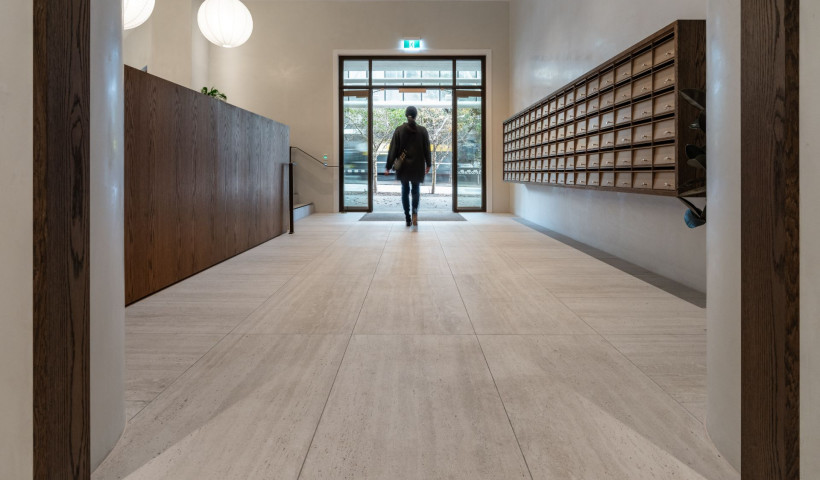
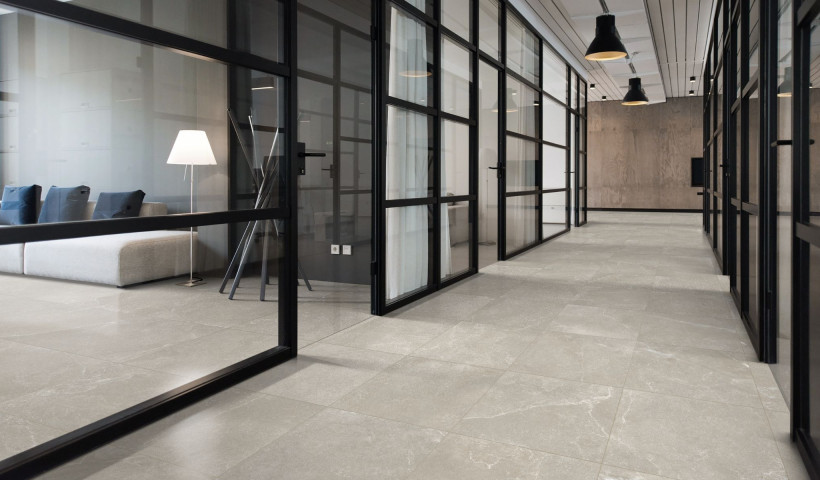
 Popular Products from Tile Warehouse
Popular Products from Tile Warehouse


 Most Popular
Most Popular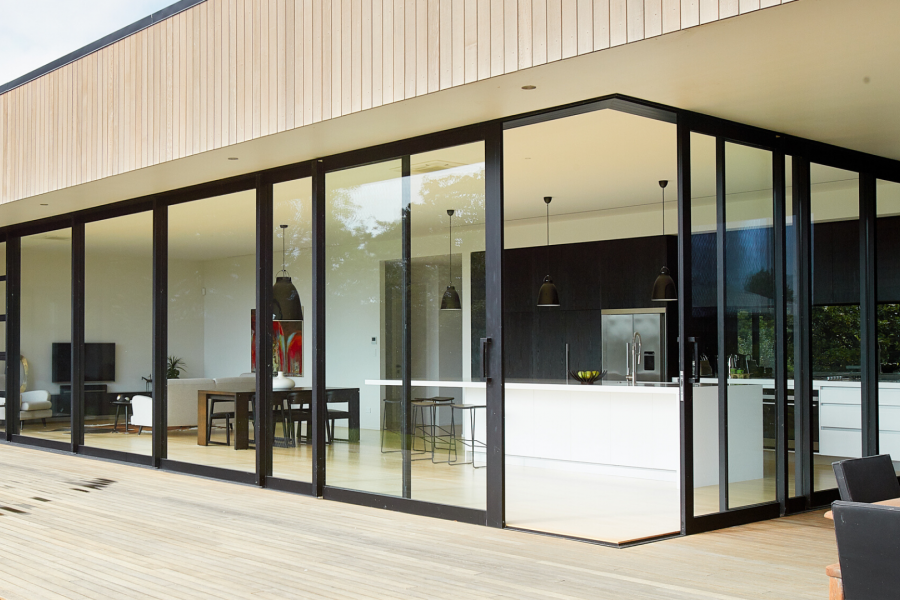
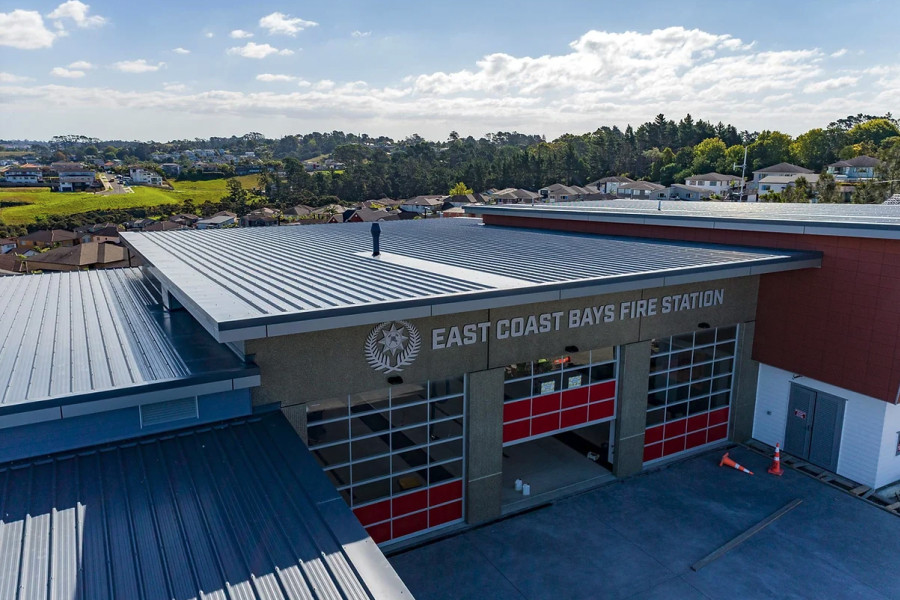
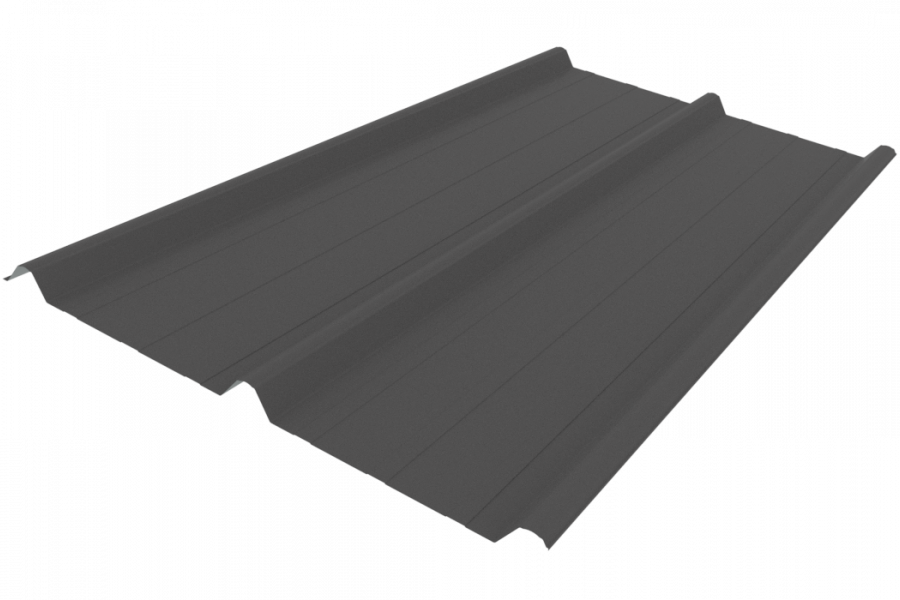
 Popular Blog Posts
Popular Blog Posts